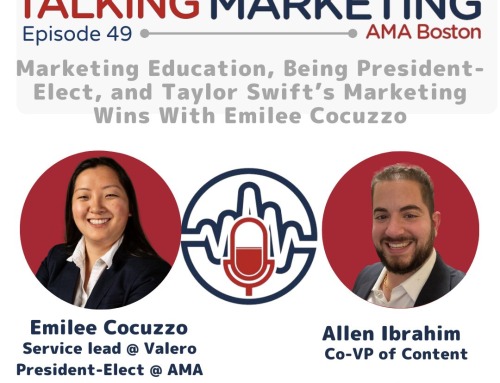Every company owner understands the power of marketing. It is the foundation of getting ahead in the business world. It is an essential tool for spreading the word about any product or service. Although the power of marketing is commonly understood, there are a lot of nuances that even savvy business leaders have a hard time conceptualizing.
When you break down these nuances, the difficulty relies upon figuring out which marketing strategy will have the best return on investment (ROI). Traditional marketing strategies like billboards and TV ads — while still valuable — have lost a lot of their previous sway to the rise of online marketing, especially among younger audiences. But even within the broad umbrella of online marketing, there are a plethora of different strategies that a business could employ.
One such category is content marketing — marketing that involves creating blog posts, music, videos, or social media posts that promote certain products or services in an intriguing, unique way. Perhaps one of the most interesting and potentially powerful types of content marketing is informational content marketing — content that not only stimulates interest in a certain product or service but also teaches viewers.
The real trick for savvy business leaders today is finding the most effective means of unlocking the power of informational content marketing.
Delving into Informational Content
The concept of information content marketing is to answer any queries your audience may ask before and during the purchase process. Simply providing consistent, useful solutions can help make a company a trusted authority on a specific topic. This trust and authority can ultimately translate into greater traffic on your website and ultimately greater conversion rates.
The trick, of course, is to provide real, valuable information and not be overly promotional. Promotional writing can be a benefit to businesses in some scenarios, but most often it is considered annoying and pushy by customers. Striking a balance between promotion and information is critical. Many leading experts suggest a 30/60/10 rule — 30% of the content on your website is original, informative content about your brand, 60% is informative content, and 10% is promotional.
Although some business owners may think this ratio is disproportionate, it can bring in more online users that may have never heard of your brand in the first place. Somewhere between 50-80% of all internet searches involve querying information and answering some burning question. Putting your company in a position to answer these questions by providing valuable information content is a great strategy to reach potential customers.
Developing Accessible Content
A full-blown essay with technical answers and detailed instructions can be really valuable for the right person, but more often than not, that will be too much for the average user. Making your content accessible to all audiences is a valuable step in reaching the masses with your informational content marketing strategy. The more broad and accessible your answer is to a technical concept, the more of an audience you’ll garner
To become accessible, however, you must first understand your audience. Knowing the demographics of your audience can help you set a tone and voice for your informative content.
Regardless of your company’s offerings or marketing goals, you must remember you are creating informative content for people. You may get lost in the numbers and cater your content to what traffics well with web crawlers, but your main goal should be to target people, not bots. After all, nobody will be interested in engaging in information that appears to have been written by a robot for another robot.
Putting it Together to Drive Conversions
Relevant and factual data and information are important no matter what audience you target. This is especially important if you plan to create content about any health or finance content. Since bad advice within either sphere can greatly impact the lives of any reader who takes it to heart, Google puts more weight behind E-E-A-T (Experience, Expertise, Authoritativeness, and Trustworthiness). As such, you must prioritize creating content that is based on factual data or information or focusing on topics that have little possibility of harming readers.
For instance, informational content on self-care is greatly popular because of its potential to enrich people’s lives. Giving advice on different and achievable tips and tricks for self-care based on credible sources doesn’t have the potential to harm readers or sink your rankings. On the other hand, if you create content based on non-authoritative sources about how the keto diet is the key to overall wellness — a fact that has been disputed by a variety of experts — you’re more than likely to see a dip in your ranking and spread disinformation in the health and wellness sphere. The difference between both situations is that informative content considers its readers’ well-being, uses credible and authoritative sources, and builds a strategy from there.
Although creating informative content can be challenging, the reward is high. People will drive to your site virtually and you’ll ultimately increase conversions. Your audience will learn something valuable and your company gains authority within the topic area, it is a win-win situation!






